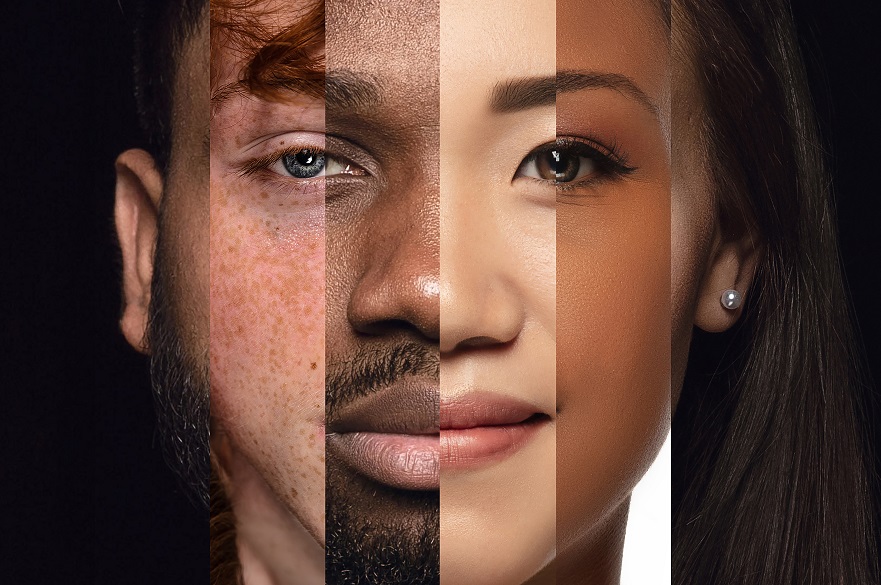Listen and ‘be real’ – research shows value of trust in providing legal support to marginalised communities
Marginalised communities who distrust the legal system can benefit from access to lawyers ‘on their side’ placed within trusted health and social care settings, according to new research by Nottingham Law School which explores the role of trust in a Health Justice Partnership.
By Helen Breese | Published on 20 July 2023
Categories: Press office; Research; Nottingham Law School;

Health Justice Partnerships were originally pioneered in Australia and aim to improve justice and social influences on health by placing lawyers within trusted community services.
The study focuses on the newly established Bagaraybang bagaraybang mayinygalang (BBM), which works with Aboriginal community members in the Northeast New South Wales and Victoria areas of Australia who experience poor mental health and wellbeing.
The project places lawyers from the Hume Riverina Community Legal Service at the Albury Wodonga Aboriginal Health Service (AWAHS) to provide free legal advice and assistance, and to work collaboratively with AWAHS staff to support client wellbeing.
Learnings from the study, which questioned clients and legal support staff, are relevant to all countries with communities who experience ongoing poverty, inequality, poor mortality rates and negative health and wellbeing.
With similarities to the Black Lives Matter movement, for the Aboriginal community members questioned in the study, systematic racism has meant that many of them don’t trust the law and hold it responsible for their bad experiences.

Associate Professor Liz Curran, Nottingham Law School
The findings also showed low levels of knowledge about the law, with perceptions that its role is only when someone has ‘done something illegal’ rather than in the protection or enforcement of rights. They also expressed concerns that in exercising their rights they risk reprisals against them by authorities.
However, building up trust was seen as key to engagement, in particular the need for lawyers to listen and ‘be real’, and for institutions to go beyond symbolism and make genuine efforts in their practice.
Showing respect, being approachable, using culturally appropriate and understandable language, and involving the community in decision making were also seen as significant factors in building trusted relationships.
The study also revealed an appetite among the community to learn more about areas of law they did not know can help them and to utilise correct information in their community to prevent inappropriate action by them or by authorities seeking to exploit them.
This highlighted the great need not only for access to a lawyer but also the need to build legal awareness, capability, confidence, empowerment, and advocacy skills in both the Aboriginal community and among the ‘trusted intermediaries’.
Dr Liz Curran, lead researcher and Associate Professor of Clinical Legal Education at Nottingham law School, part of Nottingham Trent University, said: “Around the world, marginalised communities are still significantly impacted in terms of their life outcomes, and many see the law as something to distrust, and as a hindrance, rather than a help.
“The participants in this study expressed distrust in all formal institutional structures and service delivery, and this distrust will be present in all communities who face discrimination.
“The expansion of Health Justice Partnerships across the globe is vital in changing this perception and empowering people with knowledge. However, we can see from this research that the lawyers must truly understand the community they’re working with, be open and transparent, and involve their clients in their practice and decision making.”
The report is the first part of a three-year annual evaluation of the project. Read the full paper online.
Notes for Editors
Press enquiries please contact Helen Breese, Public Relations Manager, on telephone +44 (0)115 848 8751, or via email.
About Nottingham Trent University
Nottingham Trent University (NTU) received the Queen’s Anniversary Prize for Higher and Further Education in 2021 for cultural heritage science research. It is the second time that NTU has been bestowed the honour of receiving a Queen’s Anniversary Prize for its research, the first being in 2015 for leading-edge research on the safety and security of global citizens.
The Research Excellence Framework (2021) classed 83% of NTU’s research activity as either world-leading or internationally excellent. 86% of NTU’s research impact was assessed to be either world-leading or internationally excellent.
NTU was awarded The Times and The Sunday Times Modern University of the Year 2023 and ranked University of the Year in the Whatuni Student Choice Awards 2023. It was awarded Outstanding Support for Students 2020 (Times Higher Education Awards), University of the Year 2019 (Guardian University Awards, UK Social Mobility Awards), Modern University of the Year 2018 (Times and Sunday Times Good University Guide) and University of the Year 2017 (Times Higher Education Awards).
NTU is the 5th largest UK institution by student numbers, with approximately 40,000 students and more than 4,400 staff located across five campuses. It has an international student population of 7,000 and an NTU community representing over 160 countries.
Since 2000, NTU has invested £570 million in tools, technology, buildings and facilities.
NTU is in the UK’s top 10 for number of applications and ranked first for accepted offers (2021 UCAS UG acceptance data). It is also among the UK’s top five recruiters of students from disadvantaged backgrounds and was the first UK university to sign the Social Mobility Pledge.
NTU is ranked the second most sustainable university in the world in the 2022 UI Green Metric University World Rankings (out of more than 900 participating universities).